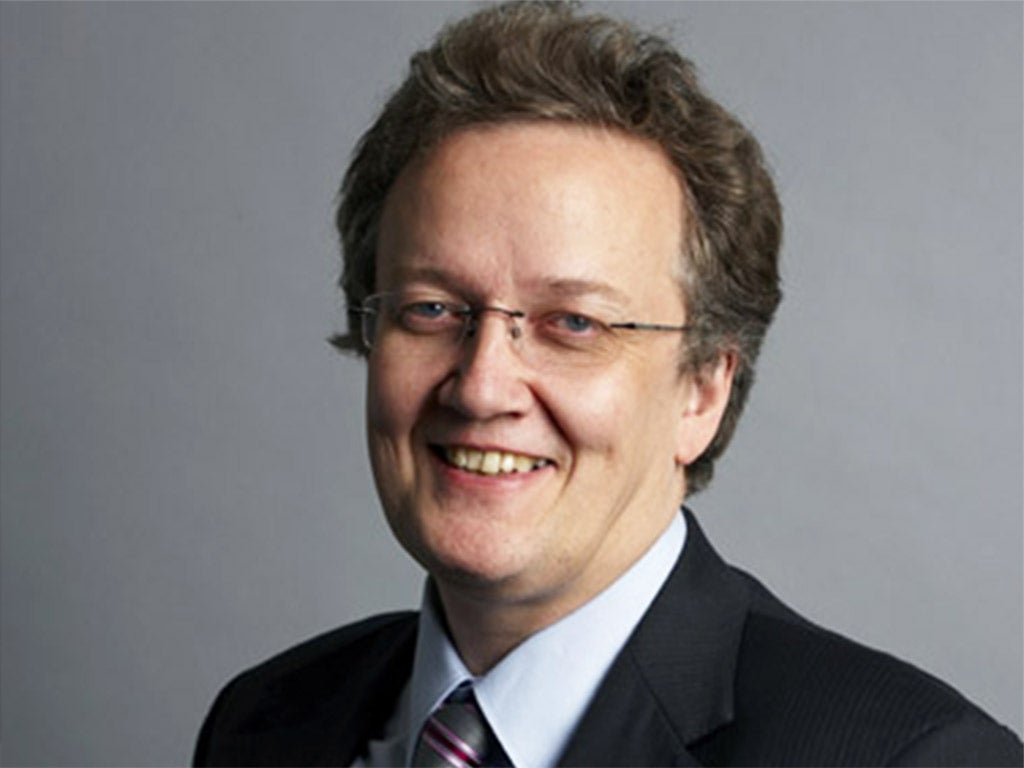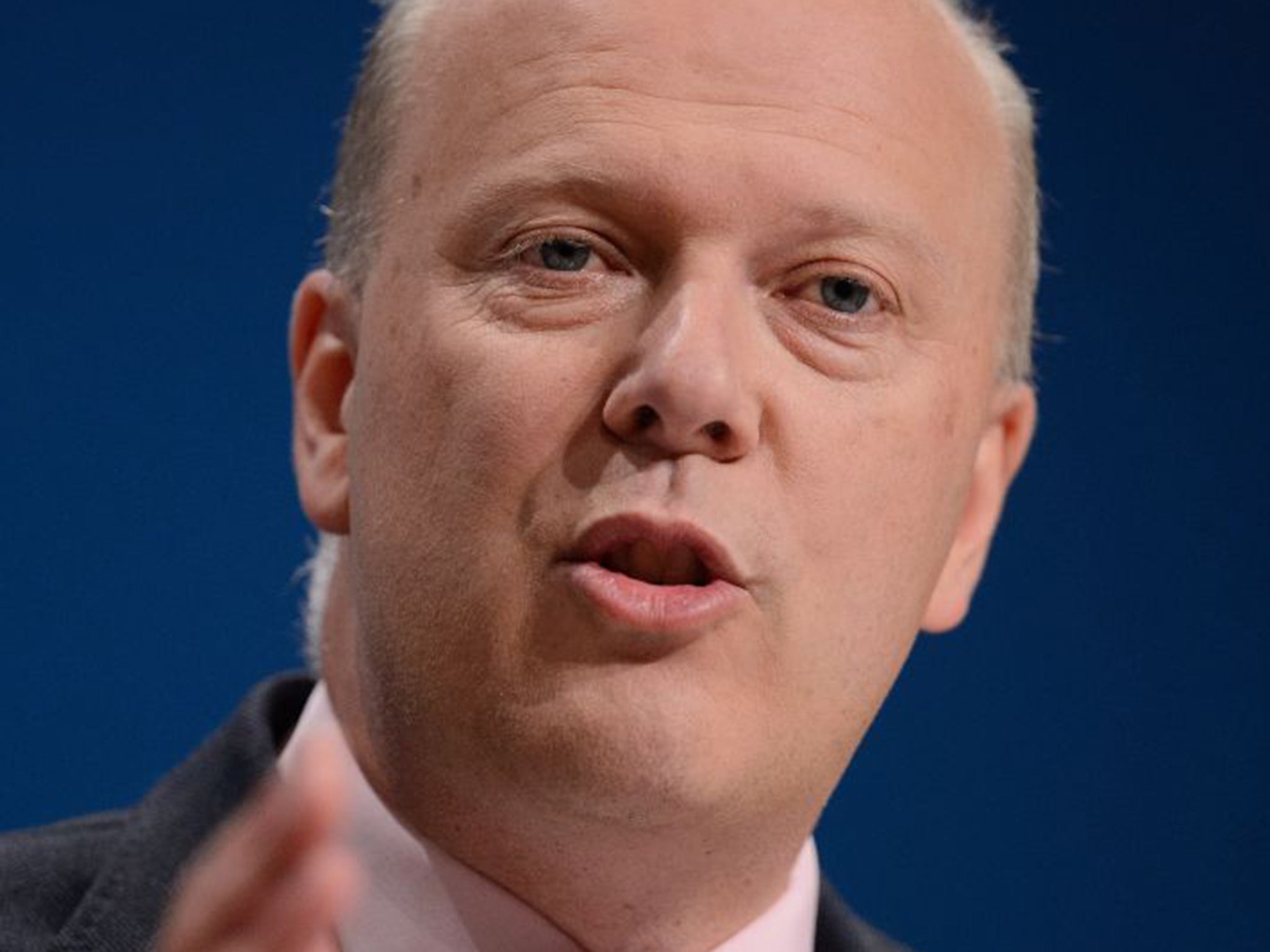Nick Hardwick: Prisons inspector steps down with attack on Chris Grayling for trying to influence his work
'The idea that an independent inspectorate should have its budget cleared on a weekly basis is obviously absurd'

Your support helps us to tell the story
From reproductive rights to climate change to Big Tech, The Independent is on the ground when the story is developing. Whether it's investigating the financials of Elon Musk's pro-Trump PAC or producing our latest documentary, 'The A Word', which shines a light on the American women fighting for reproductive rights, we know how important it is to parse out the facts from the messaging.
At such a critical moment in US history, we need reporters on the ground. Your donation allows us to keep sending journalists to speak to both sides of the story.
The Independent is trusted by Americans across the entire political spectrum. And unlike many other quality news outlets, we choose not to lock Americans out of our reporting and analysis with paywalls. We believe quality journalism should be available to everyone, paid for by those who can afford it.
Your support makes all the difference.The Ministry of Justice (MoJ) is compromising the independence of Britain’s prison inspectorate by demanding “day-to-day control” over expenditure and the power to veto spending on a weekly basis, MPs have been warned.
Nick Hardwick, the outgoing Chief Inspector of Prisons, told the House of Commons Justice Committee that senior MoJ officials had told him they needed to sign off on all specialist personnel hired to take part in prison inspections before they could take place.
He also revealed that the former Justice Secretary Chris Grayling had “robustly” tried to influence his reports despite his supposed independence from the Government.
The situation became so serious that Mr Hardwick wrote to the MoJ’s Permanent Secretary warning him that he would suspend all prison inspections unless the financial restrictions were lifted.
The ministry has now agreed to allow Mr Hardwick financial independence until April but has made no guarantees that his successor, the former police chief Peter Clarke, will have the same freedoms.
The Howard League for Penal Reform described the situation as “absurd”.

Giving evidence to the Justice Committee Mr Hardwick said that he was concerned that the ministry was using financial controls to influence what he inspected as well as his ability to “get to the bottom” of what was going on in prisons.
“When the department whose services we are inspecting starts to say precisely how I should carry out those inspections then I think we have an issue about our independence,” Mr Hardwick said.
“I should be able to choose the staff I need to carry out inspections. It should be my choice, not their choice.
“The major problem has been the controls over how I get to my conclusions. In order to reach a view I need to apply resources which some might think are intrusive or heavy-handed. That’s where the independence issue comes in.
“If you are uncomfortable about looking at a particular area you would prevent me having money to do it.”
Mr Hardwick told the committee he did not know if the attempt to control his finances had been motivated by a desire to influence the work that it did. But he revealed that the previous Justice Secretary Chris Grayling had attempted to influence the contents of previous reports.
“[He told] me robustly what he thought,” said Mr Hardwick. “He certainly had a view about the conclusions I was reaching.” Asked whether Mr Grayling was trying to influence him Mr Hardwick replied: “Yes”. “It is important that if the inspectorate feels the need to make life uncomfortable for the department it is able to do that,” he added.
Andrew Neilson, director of campaigns at the Howard League for Penal Reform, said that officials seemed to have got into an “embarrassing muddle” in their dealings with the inspectorate.
“The idea that an independent inspectorate should have its budget cleared on a weekly basis is obviously absurd.”
In a letter released by the committee Richard Heaton, the MoJ’s Permanent Secretary, said the financial controls were “unavoidable” but insisted they were about bringing the department’s spending down and not about interfering with the independence of the inspectorate.